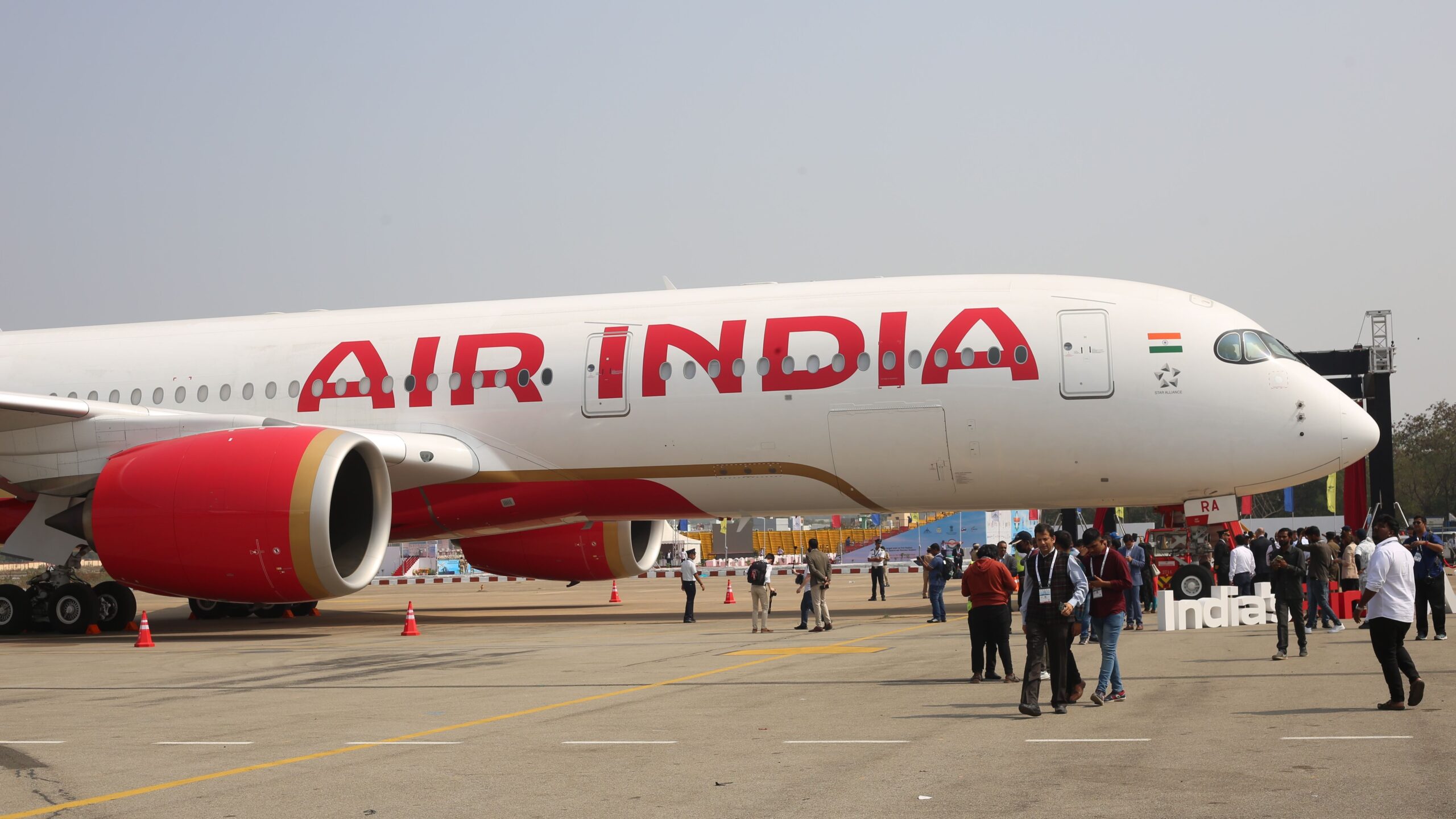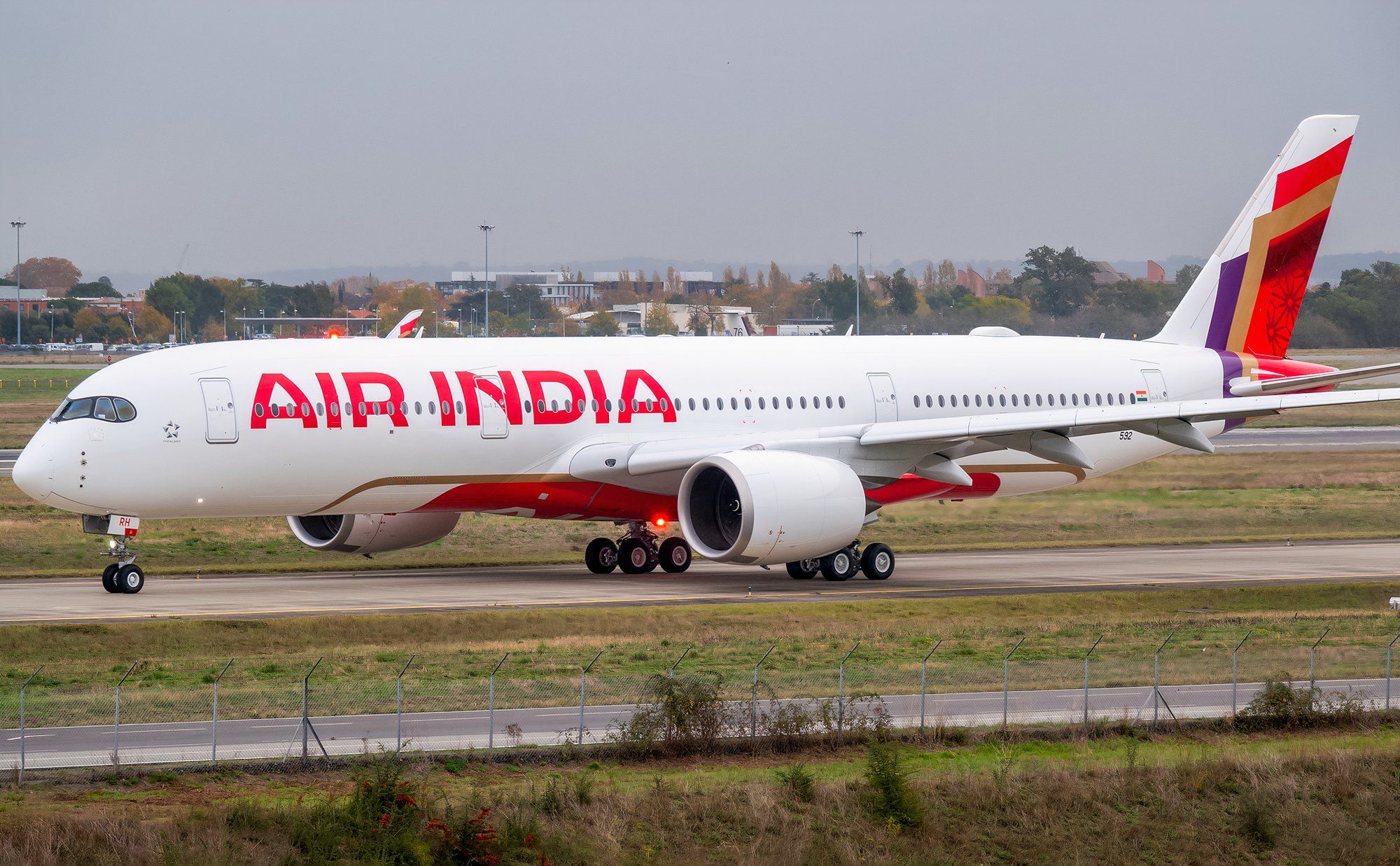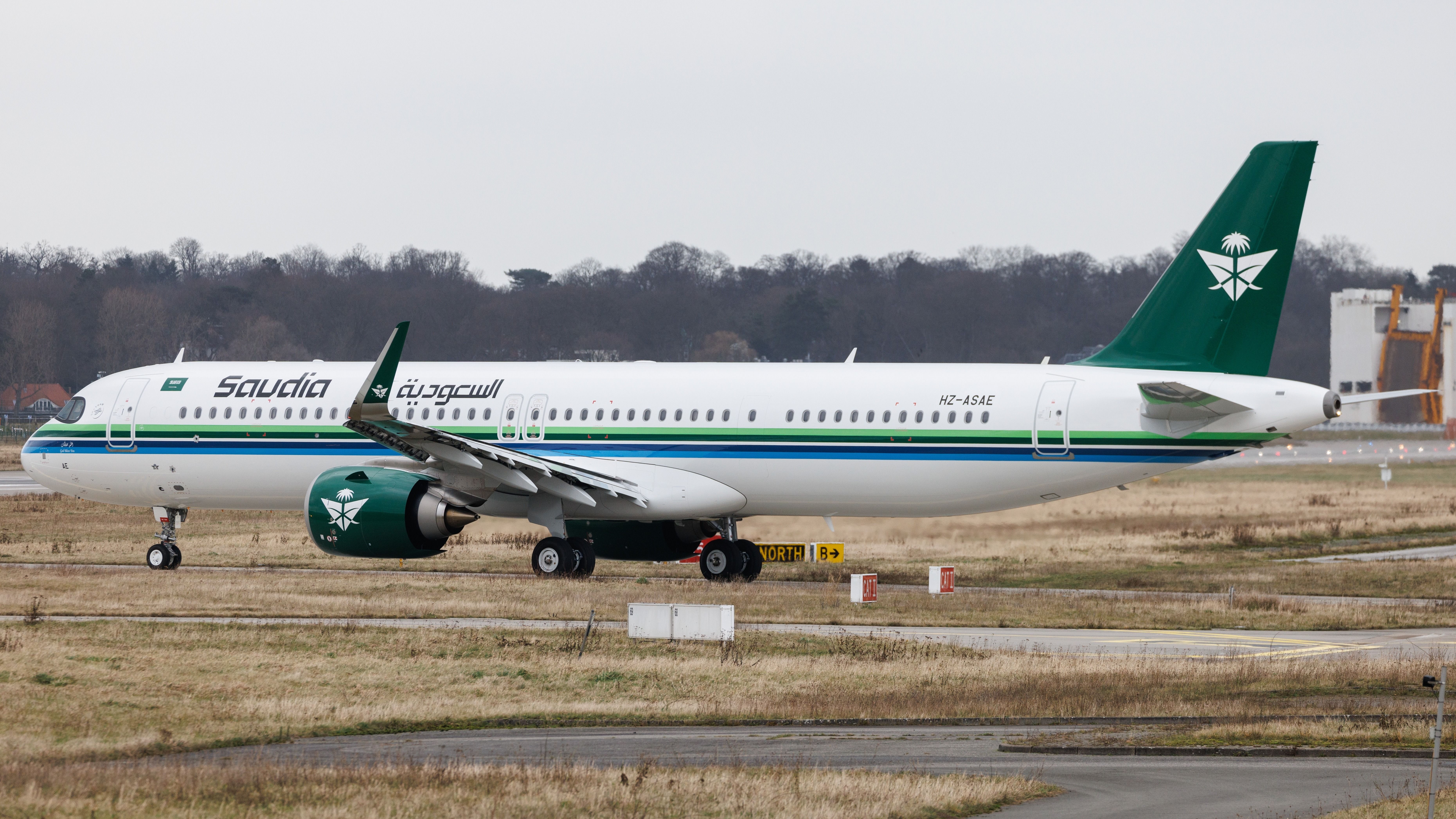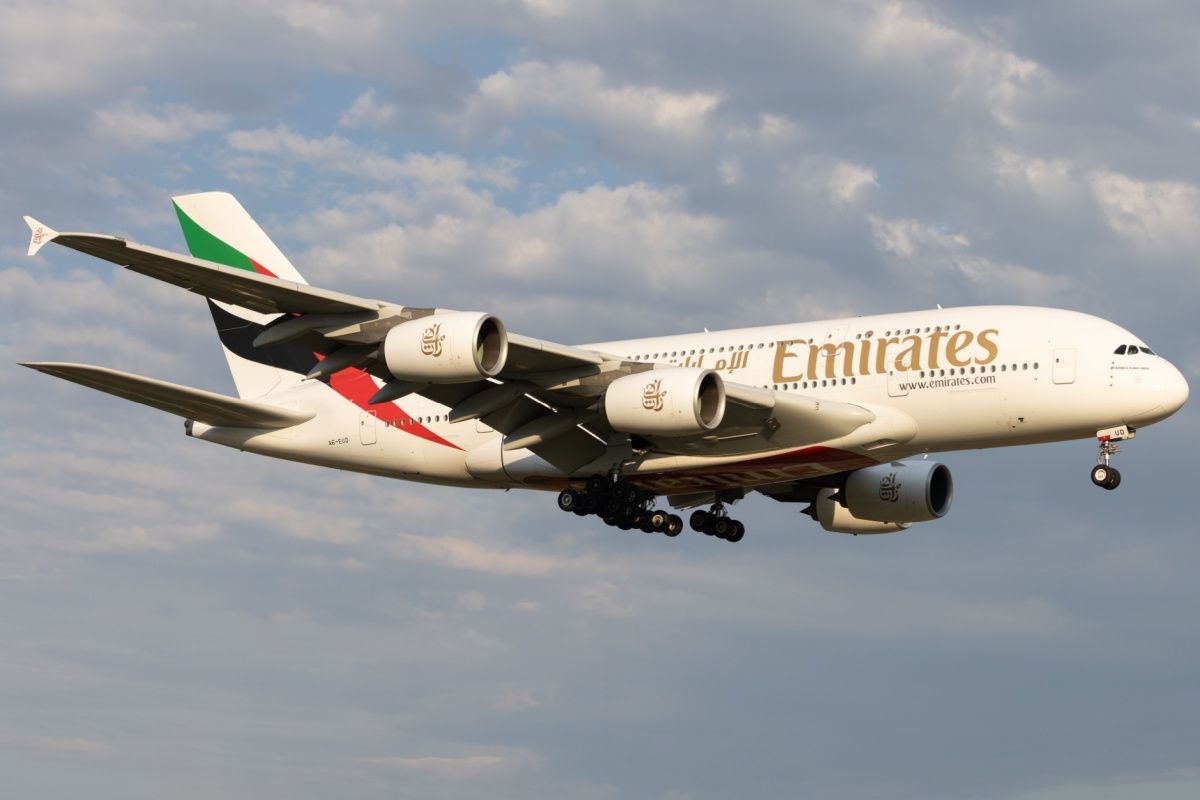Summary
- Saudia CCO feels that Air India’s expansion could impact Middle East carriers.
- India is hesitant to grant more access to foreign carriers to promote the growth of domestic airlines.
- The big three Middle East carriers fly a significant number of Indians to global destinations via their hubs.
It is no surprise that India is a source of huge passenger traffic for many hub carriers. With Air India now consolidating its network and fleet to offer more nonstop long-haul services, industry leaders are also mindful of what this might mean for carriers in the Middle East. Recently, Saudia’s Chief Commercial Officer also shared his opinion.
A sleeping giant
On the sidelines of CAPA India Aviation Summit 2024 held in New Delhi, Saudia’s Chief Commercial Officer Arved von zur Muehlen said that Air India’s recent resurgence and future expansion plans could come at the expense of the big three hub carriers in the Middle East.
Photo: Eurospot
Emirates, Qatar Airways, and Etihad have a huge presence in India and the larger subcontinent, but a majority of that passenger traffic is, in fact, transit and not point-to-point. And von zur Muehlen believes that once Air India offers enough nonstop flights to popular destinations globally, more Indian passengers would choose to fly the national carrier than take one-stop connecting flights.
He called Air India a “sleeping giant,” adding that there’s so much hub traffic from India because of weak traffic of Air India. The Business Standard quotes him as saying,
“They have a legacy. They have the hearts of the Indian population. If they get it right, it would be more at the expense of the super-connectors because why should Indians fly via any hub when they have a direct offering from their national airline?”
While Saudia is also a Middle East carrier, von zur Muehlen said it cannot be clubbed with the other ME3 carriers as more than 90% of its traffic to and from India is “point-to-point.” He added that Saudia does not want additional bilateral rights from India as it has not even fully used the previously allocated quota.
Photo: Kevin Hackert | Shutterstock
India is reluctant to give more seats to foreign carriers
Many foreign carriers are interested in getting more access to Indian airports as the bilateral rights for many countries have not been revised in a very long time. Those from the Middle East, in particular, are especially interested in casting a wider net to get a larger share of the Indian market.
In 2022, the UAE asked the Indian government to add another 50,000 seats a week between the two countries, allowing for a greater presence of Dubai-based carriers in India. Indian authorities, however, are not keen on revising the agreement as they want home-grown carriers to flourish and take advantage of local demand.
Photo: Kevin Hackert l Shutterstock
Air India’s CEO Campbell Wilson is also in favor of this, particularly as the airline invests time and resources in building a strong network and fleet.
It’s unlikely that India would soften its stand on this issue and even when it is willing to negotiate, it wants the most bang for its buck. For example, earlier this year, it was reported that India wanted nine seats for every extra seat offered to Kuwait. It remains to be seen how this plays out over the next few years.
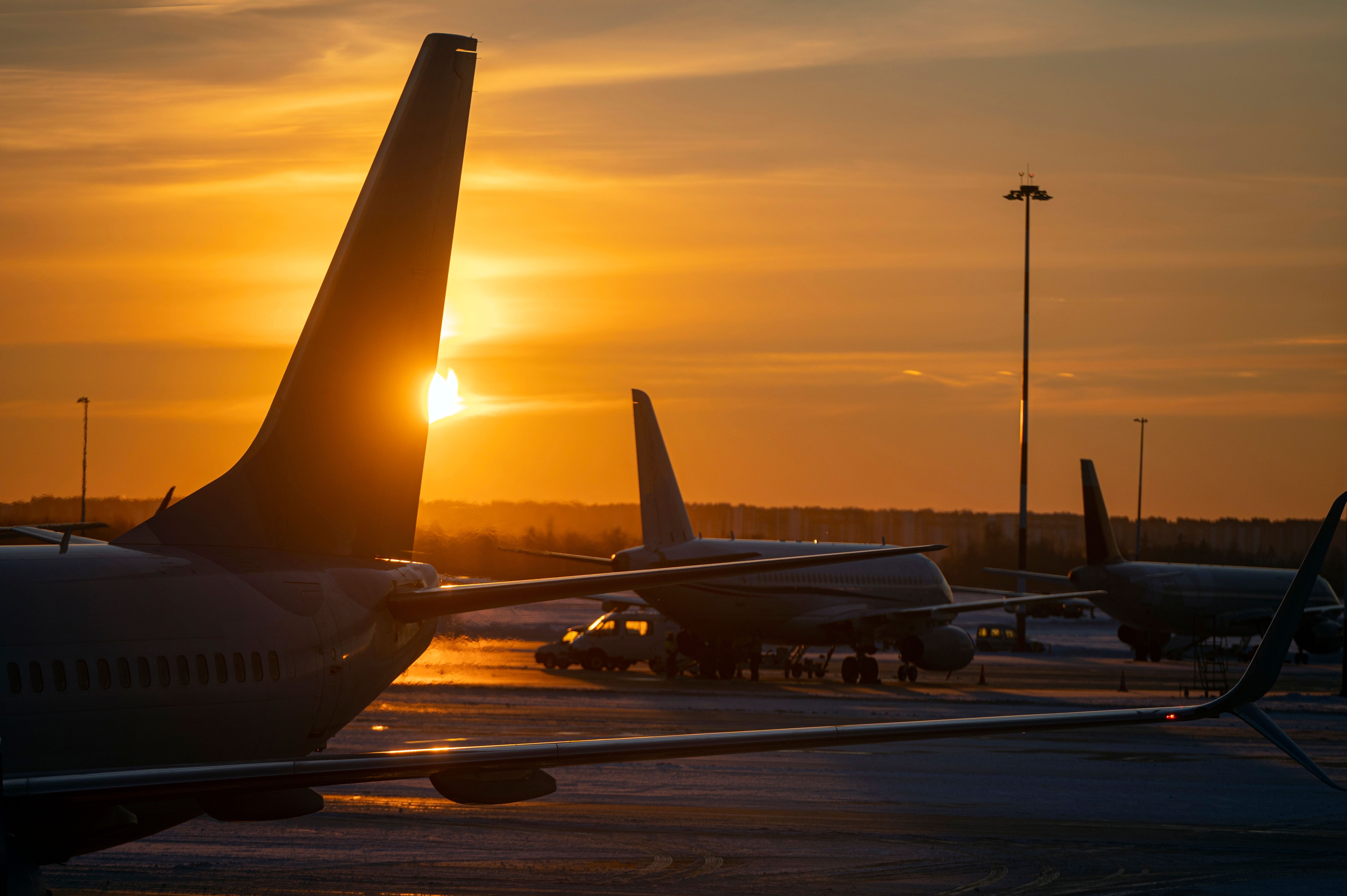
Related
India Reportedly Wants 9 Seats For Every Extra Seat Offered To Kuwait
The country is trying to prioritize the interests of its own airlines.
What are your views on this? Please leave a comment below.
